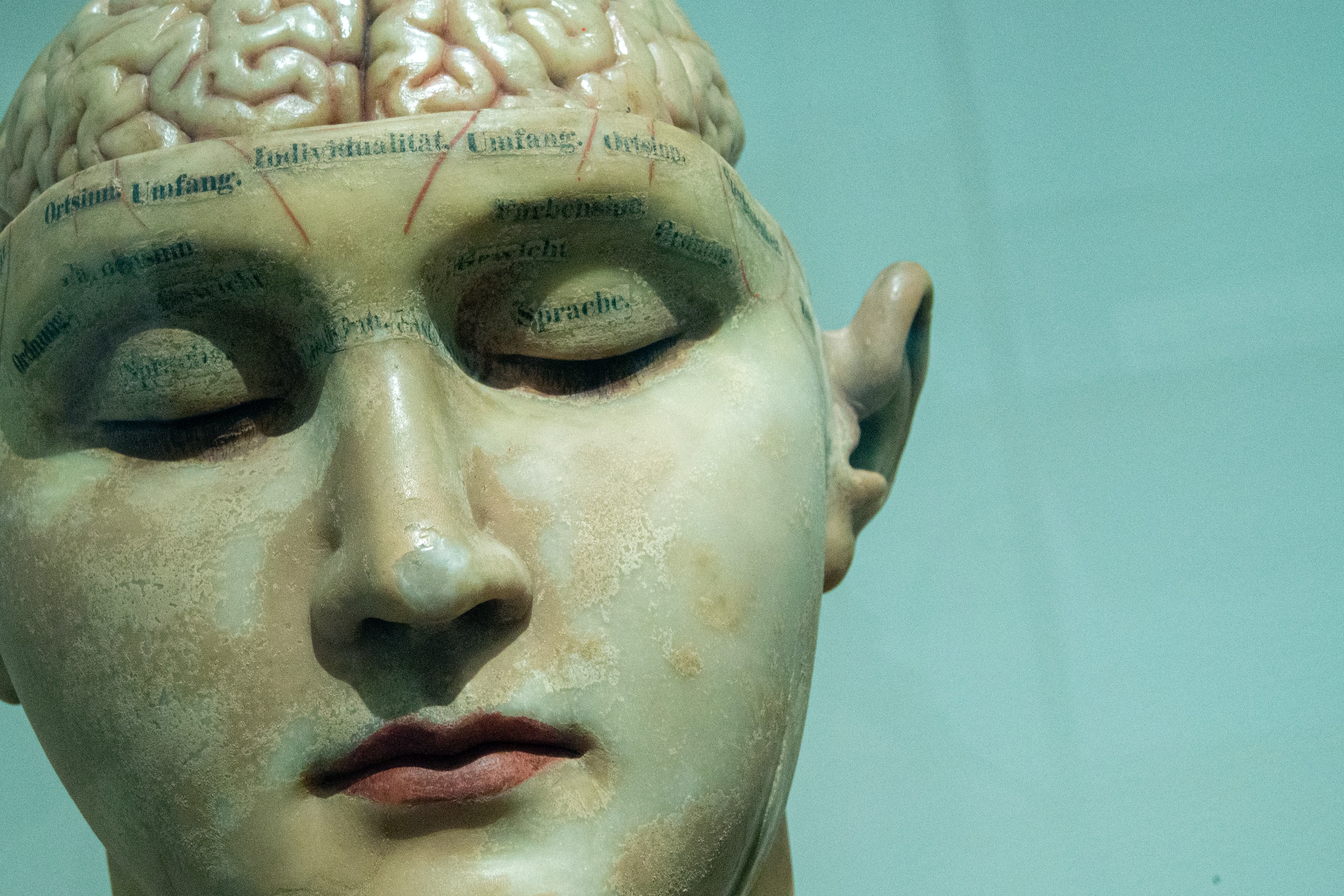Rehabilitation and recovery after a TBI is an ongoing process that can take months or even years.
Traumatic brain injury (TBI) can significantly impact an individual’s life, both in the short term and long term. TBI occurs when an external force, such as a blow to the head, causes damage to the brain.
The severity of TBI can range from mild to severe, with the latter often resulting in lifelong consequences. In this article, we will explore how a TBI can impact an individual for the rest of their life, including the physical, cognitive, and emotional effects.
Physical Effects
A TBI can cause a wide range of physical symptoms, including headaches, fatigue, and difficulty with coordination and balance. In severe cases, a TBI can result in permanent physical impairments such as paralysis or loss of sensation.
These symptoms can make it difficult for individuals to perform daily activities and may require ongoing medical treatment and physical therapy.
Cognitive Effects
Cognitive effects of a TBI can include memory loss, difficulty with concentration and attention, and problems with problem-solving and decision-making.
These symptoms make it difficult for individuals to return to work or school and may require ongoing cognitive therapy. In severe cases, a TBI can result in permanent cognitive impairments, such as dementia or chronic traumatic encephalopathy (CTE).
Emotional Effects
A TBI can also have a significant impact on an individual’s emotional well-being. Many individuals with TBI experience depression, anxiety, and irritability. They may also have difficulty with impulse control and exhibit changes in personality. These emotional symptoms can make it difficult for individuals to maintain relationships and may require ongoing therapy.
It’s important to note that the effects of a TBI can vary greatly from person to person and depend on the severity of the injury. Some individuals with mild TBI may experience little to no long-term effects, while others with severe TBI may experience lifelong consequences. Early diagnosis and treatment are key to minimizing the long-term impact of a TBI.
Rehabilitation and Recovery

Rehabilitation and recovery after a TBI is an ongoing process that can take months or even years. The process typically includes a combination of medical treatment, physical therapy, occupational therapy, and cognitive therapy.
Medical treatment may involve the use of medications to control symptoms such as headaches, seizures, and sleep disturbances. Physical therapy can help individuals regain strength, coordination, and balance, while occupational therapy can help them relearn daily living skills.
Cognitive therapy can help individuals with memory loss, attention and concentration difficulties, and other cognitive impairments.
Support and Resources
The road to recovery after a TBI can be a long and difficult journey. It’s important for individuals with TBI and their loved ones to have access to support and resources to help them navigate the process.
Various support groups and organizations offer information, education, and support to individuals with TBI and their loved ones. These groups can provide a sense of community and a place to connect with others who understand the challenges of living with a TBI.
There are also several government programs and services that can provide financial assistance and support to individuals with TBI and their families. These programs can help with things like medical expenses, rehabilitation, and home modification.
Seeking Legal Representation
A TBI can significantly impact an individual’s life, as a Van Law Firm traumatic brain injury lawyer says, both in the short term and long term.
It can cause physical, cognitive, and emotional symptoms that can make it difficult for individuals to perform daily activities, return to work or school, and maintain relationships.
Rehabilitation and recovery after a TBI is an ongoing process that can take months or even years. It’s important for individuals with TBI and their loved ones to have access to support and resources to help them navigate the process.
It’s also important for individuals who have experienced a TBI to seek prompt medical attention and follow through with recommended treatment and therapy to minimize the long-term effects of the injury.


Join the conversation!